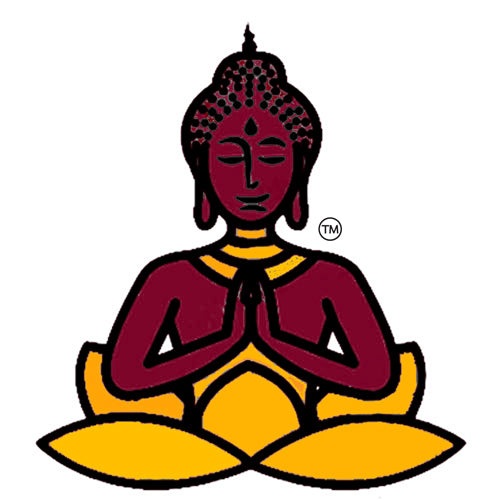Bodhi Day 10th January 2022
Share
Bodhi, (Sanskrit and Pāli: “awakening,” “enlightenment”), in Buddhism, the final Enlightenment, which puts an end to the cycle of transmigration and leads to Nirvāṇa, or spiritual release; the experience is comparable to the Satori of Zen Buddhism in Japan. The accomplishment of this “awakening” transformed Siddhārtha Gautama into a Buddha (an Awakened One).
The final Enlightenment remains the ultimate ideal of all Buddhists, to be attained by ridding oneself of false beliefs and the hindrance of passions. This is achieved by following the course of spiritual discipline known as the Eightfold Path. Mahāyāna Buddhism, while embracing this ideal, places a high valuation on the compassion of the bodhisattva (one whose essence is bodhi), who postpones his own entrance into Nirvāṇa in order to work for the salvation of all sentient beings.

Siddhartha Gautama, who later in life became the founder of Buddhism, was born in Lumbini (which is now in Nepal) to a noble family of Kshatriyas in 563 BC. His father Suddhodhana was the king of the Shakya clan and he gave Siddhartha an extremely lavish and comfortable childhood.

Siddhartha once went on a tour of his kingdom and saw people suffering from poverty and disease which intensely impacted him. At the age of 29, he left his family and kingdom in search of truth and solutions to these miseries. For 6 years, he travelled and meditated, and then finally in Bodhgaya, he attained enlightenment.
